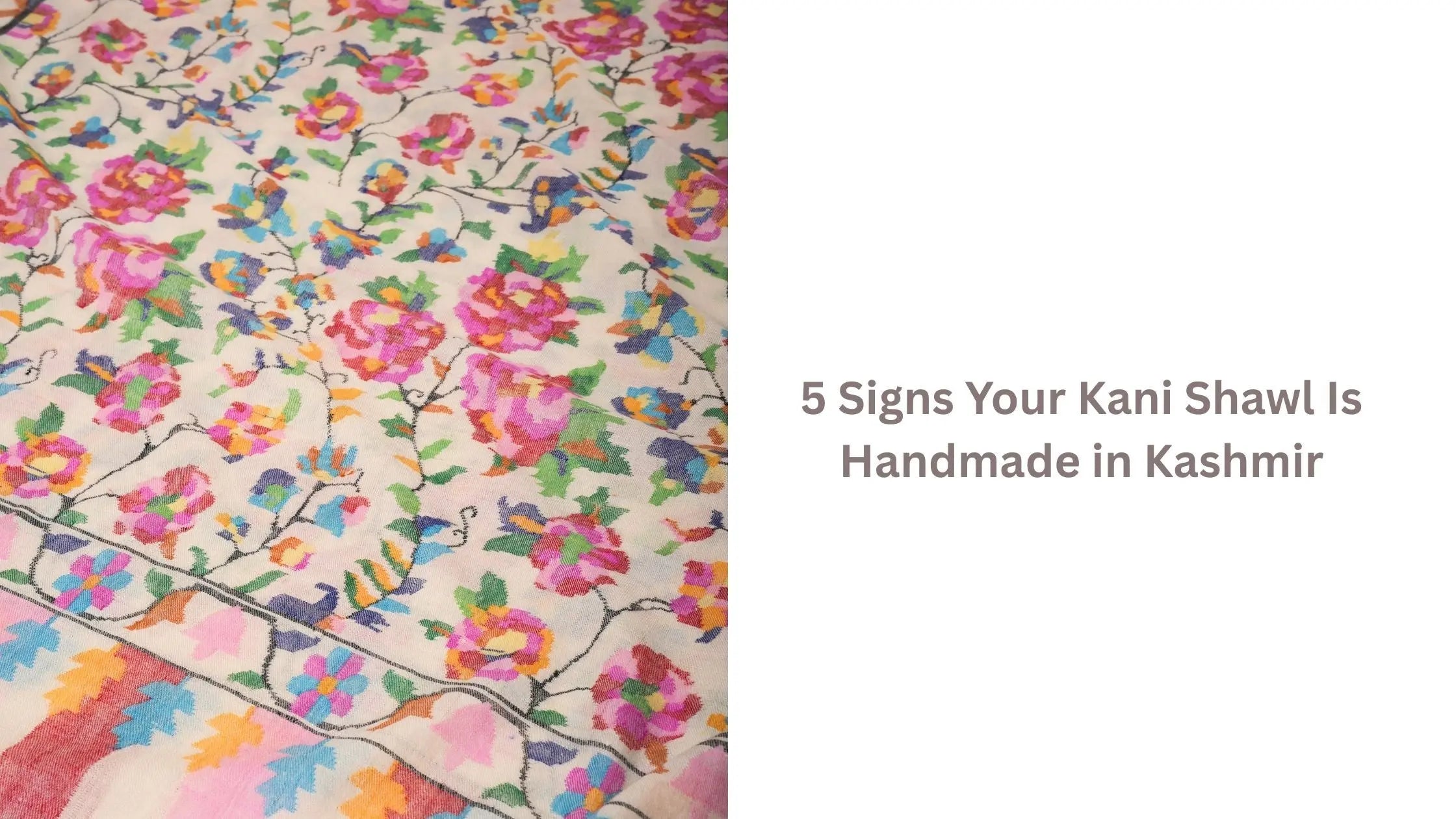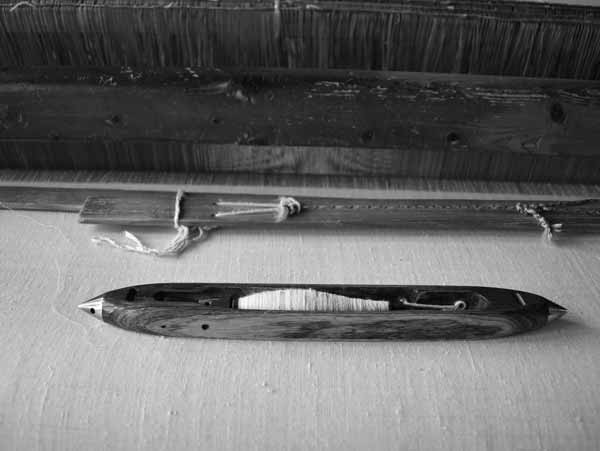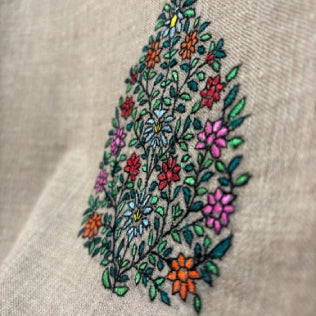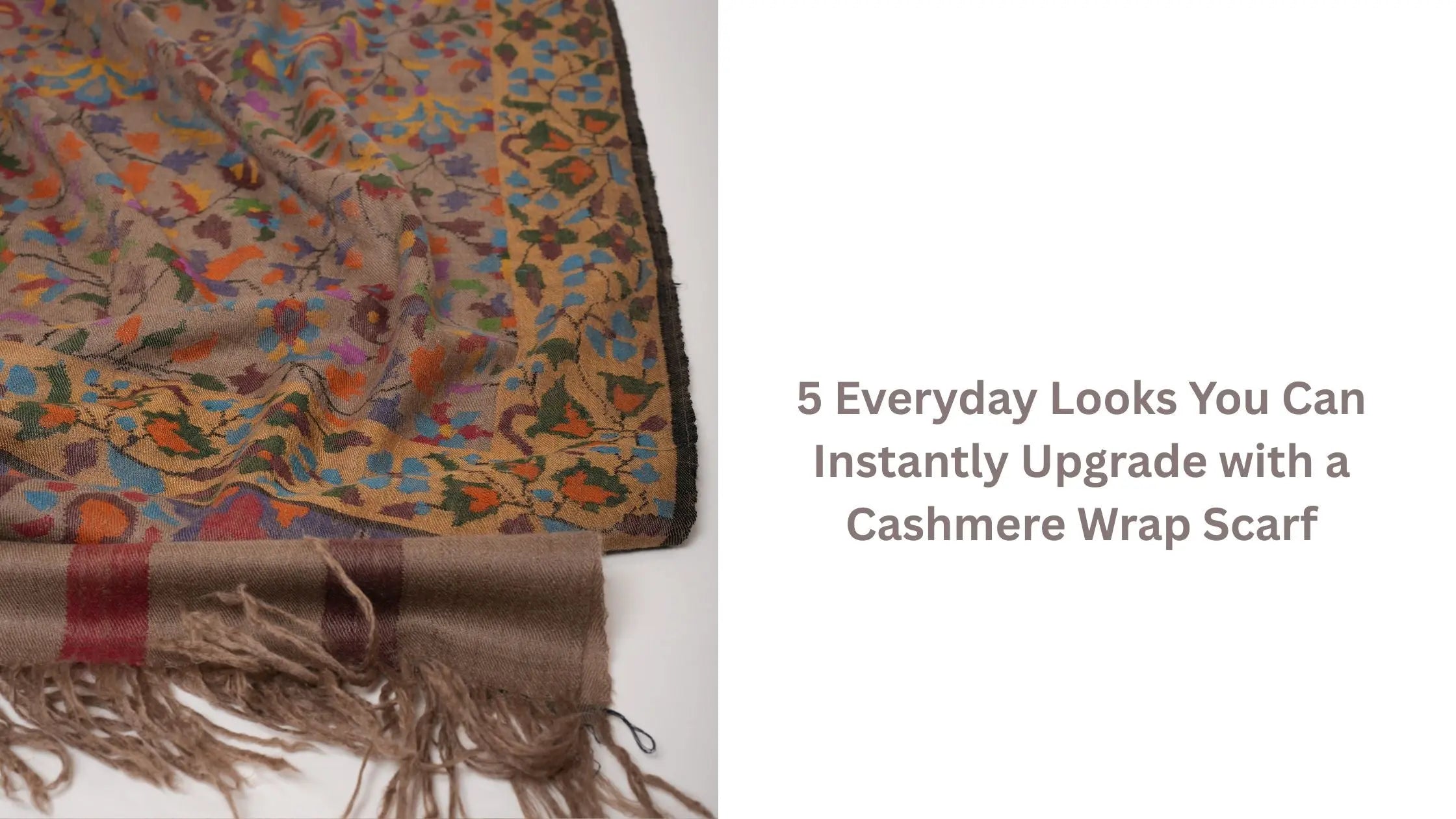
5 Signs Your Kani Shawl Is Handmade in Kashmir
A handmade Kani stole or shawl isn’t just a winter accessory—it’s a piece of living history. Woven with wooden bobbins instead of needles or shuttle, authentic handwoven Kani shawls of Kashmir are admired around the world for their fine craftsmanship and detailed designs. But with so many imitations on the market, it can be tricky to tell if your shawl is truly handmade and from Kashmir.
Whether you own a Kani pashmina stole or a full shawl or are planning to buy one, learning how to spot the real thing is important. These signs can help you make sure your piece is a traditional Kani shawl made in Kashmir, woven by skilled local artisans.
1. Look for Uneven Patterns in the Weave
One of the most obvious signs of a handmade Kani shawl is the slight unevenness in its patterns. Unlike machine-made pieces, handwoven shawls often show minor variations that actually prove their authenticity.
-
Small imperfections or slight asymmetry in the pattern suggest it wasn’t made by a machine.
-
If the design looks too perfect or identical on both sides, it might be a printed or factory-made copy.
-
Flip the shawl to see if the pattern shows through—authentic handwoven designs often look similar on the back, not flat or faded.
-
Weavers use colorful wooden bobbins (called ‘kanis’) to weave the patterns thread by thread, which makes each shawl slightly unique.
2. Check the Time Taken to Make the Shawl
Real Kashmiri pashmina Kani shawls are never made in a hurry. Each one can take several months to complete, depending on the design and size. This time factor plays a big role in their pricing and value.
-
A handmade shawl can take 6 to 18 months to finish, depending on its complexity.
-
Faster turnaround times usually mean it's either partly machine-made or printed.
-
Ask the seller or look for product details that mention the time spent on weaving.
-
Handwoven pieces tend to have detailed stories or labels about the artisan or workshop that made them.
3. Study the Edges and Borders Carefully
The finishing of a shawl often gives away whether it was made by hand or by machine. Machine-made shawls usually have stitched or glued borders, while handwoven shawls feature smooth transitions between border and body.
-
Handmade shawls have borders that blend naturally into the fabric.
-
The edges of the shawl should feel soft and smooth, not stiff or over-stitched.
-
If the border pattern flows directly from the weave, it’s likely handwoven.
-
Look for slight misalignment in the borders—a sign that each section was carefully created by hand.
4. Understand the Material and Feel of the Fabric
Kani Pashmina shawls are usually made from fine pashmina wool, which is soft, warm, and breathable. The feel of real pashmina combined with the weight of handweaving is hard to copy with cheap materials.
-
Handmade pieces made with real pashmina feel warm but light, never synthetic or heavy.
-
Rub the fabric gently between your fingers—authentic pashmina feels soft, not slippery.
-
Hold it up to the light. Fine, pure pashmina allows a little light through.
-
A real Kani pashmina will feel cozy but not itchy—machine-made blends often use mixed fibers that don’t have the same comfort.
5. Ask About the Origin and Weaving Method
The last and one of the most important signs is the story behind your Kani stole or shawl. Sellers of authentic Kashmiri kani shawls are usually proud to explain the weaving process, who made it, and where it came from.
-
Handmade Kani shawls are woven in Kashmir, especially in areas like Srinagar.
-
Ask whether the shawl was woven using wooden ‘kanis’ (bobbins) a key part of this technique.
-
Look for certificates of authenticity that mentions origins of shawl.
-
Check for the artisan’s stitch, usually found at one corner of the shawl.
-
If the seller avoids details or gives vague answers, the shawl may not be handmade or from Kashmir.
The Difference Between Shawls and Stoles
Many people use the terms Kani stole and Kani shawl as if they’re the same, but there’s a small difference. Both carry the beautiful Kani weave, but they vary in size and use.
-
A kani stole is narrower and shorter, great for casual use or light layering.
-
A Kani shawl is larger and often worn during colder months or formal occasions.
-
The weaving technique is the same for both, but the amount of time and effort may vary depending on size.
-
Choose based on your personal style—both reflect true Kashmiri art.
Tips Before Buying a Kani Pashmina Shawl or Stole
Before you invest in any Kani item, it’s smart to do a bit of checking. Here are some things to keep in mind while shopping for a pashmina kani shawl or kani pashmina stole.
-
Avoid deals that seem too good to be true—real Kani shawls take months to weave and are never “cheap.”
-
Try to buy from trusted sellers who specialize in Kani shawls of Kashmir.
-
Ask questions about how and where the piece was made—honest sellers will gladly answer.
-
Feel the fabric and check the design front and back before making a decision.
Why Handmade Kani Shawls Are Worth It
Owning a handmade Kani stole is about more than warmth or style. It’s about wearing a piece of history, tradition, and effort that no machine can match. These shawls reflect the patient labor of skilled Kashmiri weavers, some of whom have learned the craft from their parents and grandparents.
Each piece has its own story—from the pattern drawn by hand to the months it spends on the loom. That kind of detail is what makes Kani shawls not just fashion but a form of heritage.
Conclusion
If you’re shopping for a Kani shawl or stole, taking time to understand what makes it handmade can help you pick the real thing. Keep an eye on the fabric, pattern, finish, and story behind each piece—it’ll tell you a lot more than a price tag.
For those who appreciate handmade traditions and long-lasting craftsmanship, Shahkaar offers a thoughtful collection of authentic Kani shawls of Kashmir, woven with care and rooted in cultural history.





Leave a comment
This site is protected by hCaptcha and the hCaptcha Privacy Policy and Terms of Service apply.